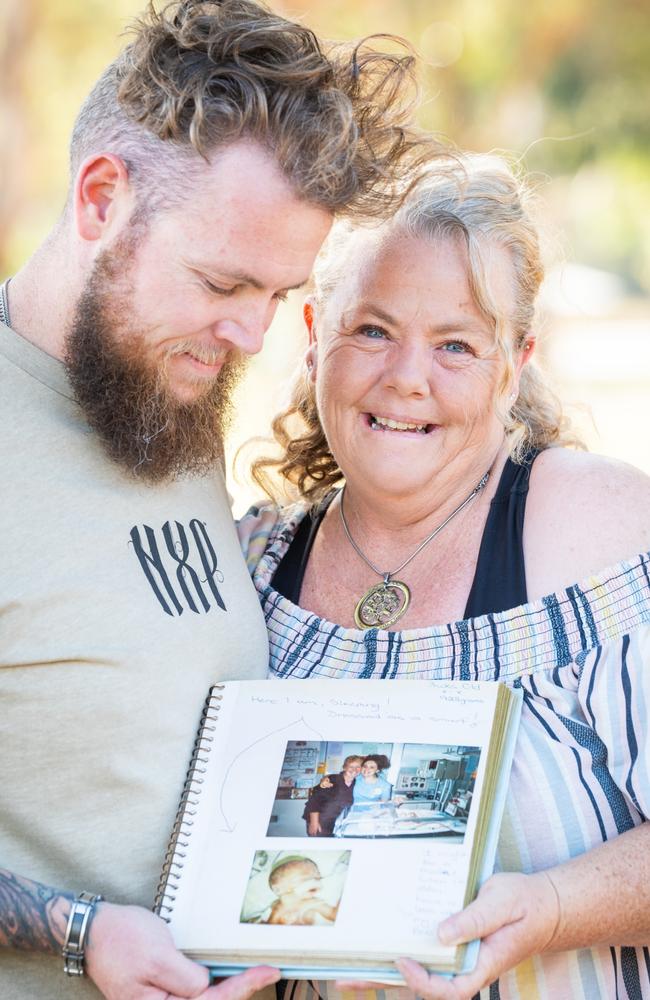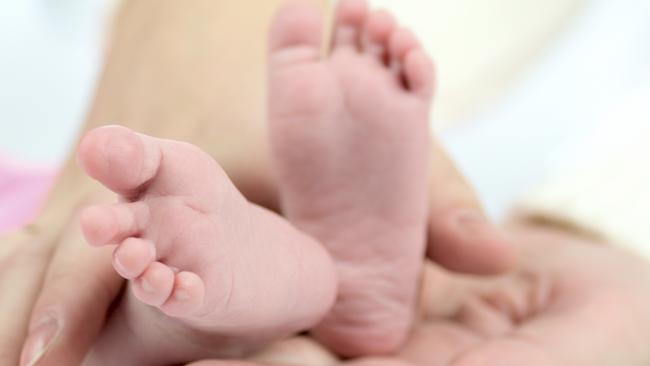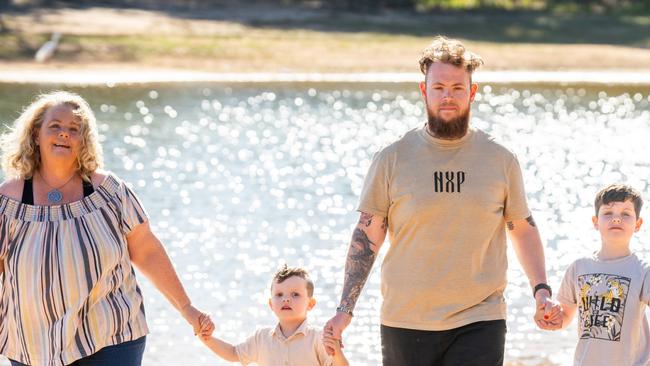VICS study shows tiny babies grow up just fine
They are some of the tiniest babies ever born in Victoria, but a new study finds they quickly catch up to their peers
Victoria
Don't miss out on the headlines from Victoria. Followed categories will be added to My News.
A unique study of babies born extremely prematurely has found these littlest Victorians are thriving as young adults.
All born under 28 weeks’ gestation, they are part of the Victorian Infant Collaborative Study (VICS), one of the world’s longest-running research programs involving such premature babies.
Its latest follow up of the cohort, babies born in 1991-92, was published on Thursday in the journal Pediatrics. It detailed the group at the age of 25.

This new study found they were as likely to have completed secondary school, be in paid work and in romantic relationships as their peers born at term.
It also found they were satisfied with aspects of their life such as work, finances, living situation and social life, but less likely than their term born peers to have ever smoked, engaged in binge drinking or used other drugs.
This new publication was led by Dr Lauren Pigdon from the Murdoch Children’s Research Institute (MCRI) who said the results were positive.
“The biggest surprise was that young adults born extremely preterm in Victoria are transitioning into adulthood similarly to babies born at term,” Dr Pigdon said.
“This is despite the health and developmental challenges they may have had earlier in life.”
The group of 292 Victorians have been followed since birth with regular milestone updates reported at the ages of two, five, eight, and 18 and now at 25 years of age.
VICS is led by the Royal Women’s Hospital and the MCRI in collaboration with Mercy Health, Monash Medical Centre, Royal Children’s Hospital and most recently, Western Health.

Professor Jeanie Cheong is a consultant neonatologist at the Women’s and a group leader of the Victorian Infant Brain Studies group at MCRI.
She said the program started in the late 1970s when intensive care for very immature and tiny babies was starting to take off in Victoria.
“Survival before that was less than 10 per cent, but due to advances in intensive care it skyrocketed and now survival is greater than 85 per cent for babies born before 28 weeks. That’s a huge leap,” Professor Cheong said.
“When that started happening … it was realised that it was not just about survival, it was also about what happens to these babies when they went home.”
There are now seven cohorts involved in the research program that started with a group of premature babies born in the 1970s and the latest, babies born in Victoria in 2022-2023.
Professor Cheong said it was valuable research that provided trusted information for health professionals, educators and families of what may be in store long-term.

Wodonga dad Joshua Carey has been part of the program from the start.
He was born in 1991 by an emergency caesarean in Wangaratta Hospital at 26 and a half weeks, weighing a fragile 1140 grams.
Flown to the Women’s, his mother Joanne Carey made the long trip by car to be reunited with her son the next day.
For the next couple of months Ms Carey said she travelled for six hours every Wednesday and Sunday from Beechworth to the hospital and back to visit and take her son frozen breast milk.
She said she joined the study to help other mothers of premature babies and would regularly travel to Melbourne from Beechworth to participate as her son was growing up.
Mr Carey and wife Teala have two sons, Rokerson, 8 and Huxley, 5.
He said he thought the study was important and planned to continue participating in it.
“As long as they keep asking, I’ll help out where I can,” Mr Carey said.
More Coverage
Originally published as VICS study shows tiny babies grow up just fine




